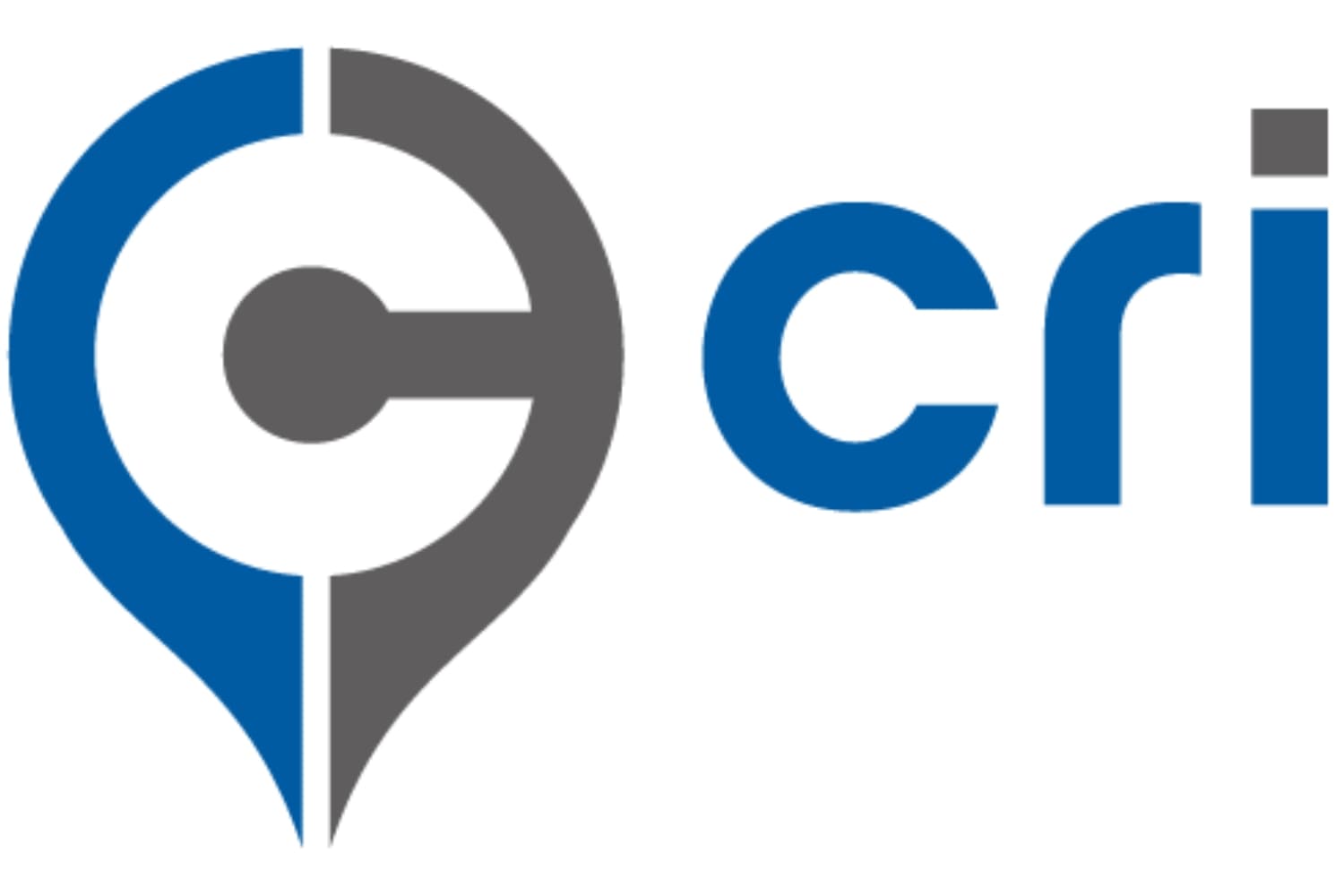Verifiable Results
CRI, through its years of operations with millions of people having gone through its assessments, has endeavored to continually ensure that its assessments and questions thereof are solely of a job-related nature. CRI’s assessment systems have been reviewed by the Office of Federal Contract Compliance Programs (OFCCP) who have found nothing discriminatory about their use, or the need to validate them within any particular company or within any particular job.
CRI’s family of assessments have been established and validated in accordance with the procedures described in “Standards of Educational Psychological Tests and Manuals,” which is referred to in paragraph (2) 1607.6, “Minimum Standards for Evaluation,” Federal Register Volume 35, dated Saturday, August 1, 1970. It is therefore not discriminatory and is in compliance with E.E.O.C. and other Federal Regulations.
 In validating the assessments, two different types of validation were utilized: Construct and Criterion. Construct Validity refers to the extent to which dimensions on different assessments with similar names relate to each other. Two things that correlate highly are not necessarily identical, but do provide reassurance that they are related and are a “construct” or part of the makeup (like honesty, dependability, sociability, etc.) of an individual as related to actual job performance. By relating the aptitudes and dimensions in CRI’s assessments to those of assessments deemed valid by the psychology community, such as the MMPI and 16PF, the developers were able to determine that CRI’s assessments have construct validity.
In validating the assessments, two different types of validation were utilized: Construct and Criterion. Construct Validity refers to the extent to which dimensions on different assessments with similar names relate to each other. Two things that correlate highly are not necessarily identical, but do provide reassurance that they are related and are a “construct” or part of the makeup (like honesty, dependability, sociability, etc.) of an individual as related to actual job performance. By relating the aptitudes and dimensions in CRI’s assessments to those of assessments deemed valid by the psychology community, such as the MMPI and 16PF, the developers were able to determine that CRI’s assessments have construct validity.
Additionally, the developers of CRI’s assessments utilized the Criterion Validation process to further enhance the validity of the assessments. This form of validity correlates assessment scores with employee success on the job. By studying hard indices of job performance and correlating the mental aptitudes and personality dimensions of CRI’s assessments to the indices, the developers were able to determine that CRI’s assessments are effective predictors of job performance.
Further, CRI assessments were developed to allow the use of Concurrent Validation within an organization. Concurrent Validation is a form of Criterion Validation in which successful employees within an organization are assessed, and their scores are analyzed to derive a benchmark. The benchmark can then be used to select, train and develop employees to optimize job fit and performance.
Neither the E.E.O.C. nor the Department of Labor or any other government agency has the right to approve any assessment or employment procedure. The extent of their authority is to audit or investigate unacceptable procedures which have resulted in or are resulting in discrimination.
On numerous occasions, the FDIC has audited banks using CRI assessments. In each case, the assessments have always passed with flying colors. The same is true with the OFCC audits of federal contractor clients. The Dallas district office of the EEOC and other EEOC offices across the country are acquainted with CRI’s assessment systems. To date, there has never been an adverse finding against any employer for using CRI’s assessments, nor any out-of-court settlement.
 Utilizing CRI’s assessments properly ensures protection against compliance concerns and adverse impact. When properly implemented and utilized in conjunction with other standard hiring and interviewing procedures, CRI assessments strengthen the employers’ position of taking affirmative action to ensure that applicants and employees are treated fairly without regard to race, color, age, religion, sex, or national origin.
Utilizing CRI’s assessments properly ensures protection against compliance concerns and adverse impact. When properly implemented and utilized in conjunction with other standard hiring and interviewing procedures, CRI assessments strengthen the employers’ position of taking affirmative action to ensure that applicants and employees are treated fairly without regard to race, color, age, religion, sex, or national origin.
In the 50 years that CRI assessments have been in continuous use, we are aware of no instances of adverse impact against protected groups or claims relating to invasion of privacy. Given the strict validation process followed in the development of the instrument, and the ongoing concurrent validation, a lack of adverse impact should not be surprising.
Further, when training employers to utilize our assessments, we emphasize that an assessment is merely one of many tools an employer should use to determine the ability of an individual to successfully perform a job, and that the assessment results must not be allowed to account for more than one-third of the final decision. When used in this manner, an assessment cannot result in adverse impact since it is not the determining factor in an employment decision.
– Eric Cotter, CEO Candidate Resources, Inc.

